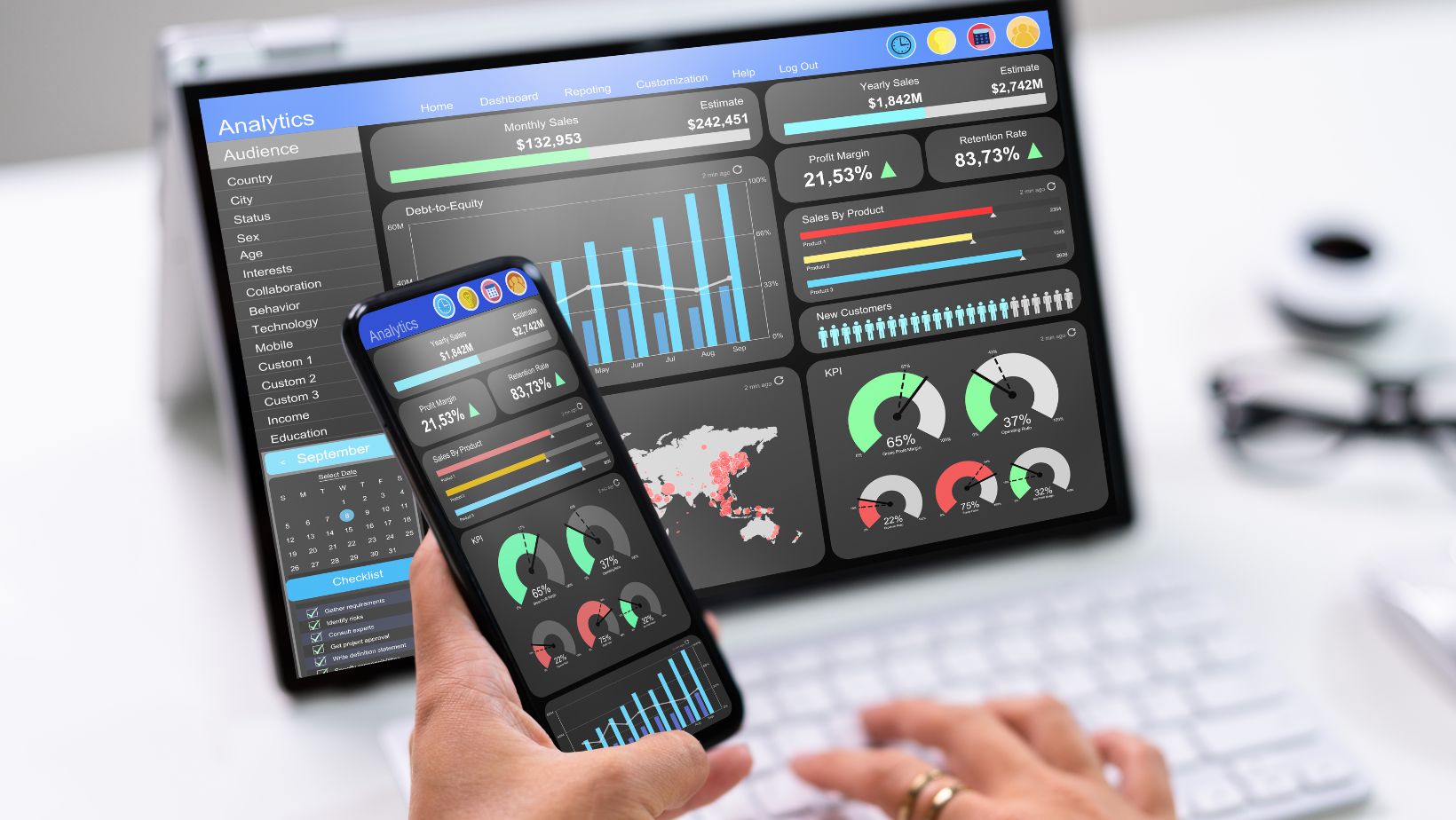
In today’s data-driven world, the ability to extract insights from information is a skill that spans across every industry. Whether in healthcare, marketing, finance, or logistics, professionals with data analysis skills are highly sought after. That’s why enrolling in a data analyst course online is becoming a popular and strategic choice for individuals aiming to grow in their careers or switch to more future-ready roles.
Online learning platforms now offer flexible and practical training in data analytics, making it easier than ever to upskill while working, studying, or managing other responsibilities.
The Growing Relevance of Data Skills
Every digital interaction—from a mobile purchase to a website click—generates data. However, raw data holds little value unless it can be processed and interpreted. That’s where data analysts come in. These professionals collect, clean, and interpret data to help businesses make better decisions, forecast trends, and improve operations.
As organizations increasingly rely on data to shape their strategies, individuals with analytics expertise are becoming essential contributors to business growth and innovation.
What to Expect from an Online Data Analytics Course
A data analyst course online typically covers core concepts and practical skills that prepare learners for real-world scenarios. Common topics include:
- Data collection and cleaning: Techniques to prepare data for analysis
- Data visualization: Using tools like Excel, Power BI, or Tableau to present findings
- Statistical analysis: Understanding patterns, trends, and probability
- Spreadsheet and database tools: SQL, Python basics, and Excel modeling
- Interpretation and storytelling: Communicating insights in a meaningful way
Most online courses are self-paced or offer flexible schedules, allowing learners to gain practical experience through case studies and projects that simulate real industry challenges.
Why Data Analysis Pairs Well with AI Knowledge
While data analysts focus on interpreting historical and current data, artificial intelligence (AI) expands this scope by enabling systems to learn and make predictions. As companies begin to integrate machine learning and automation into their operations, professionals who understand both data analysis and AI are better positioned for growth.
For this reason, some learners complement their analytics education with programs like a mit ai course, which introduces the fundamentals of AI and machine learning in an accessible, no-code format. This combination of analytical thinking and AI awareness can open doors to roles that require both technical and strategic skills.
Who Can Benefit from Learning Data Analytics?
One of the greatest strengths of data analytics is its versatility. It’s a valuable skill not just for tech professionals, but also for individuals in:
- Marketing and sales: Tracking campaign performance and customer behavior
- Finance: Budget forecasting and investment analysis
- Operations: Identifying process inefficiencies
- Healthcare: Patient data analysis and resource management
- Retail and eCommerce: Inventory tracking and sales trend predictions
Whether you’re starting your career or pivoting from another field, gaining a foundation in analytics can significantly enhance your resume and problem-solving abilities.
A Future-Ready Skillset
As automation and digital platforms continue to transform the workplace, human roles are shifting toward those that involve critical thinking and data interpretation. Machines may generate data, but it still takes human insight to ask the right questions and apply the answers effectively.

A solid foundation in analytics empowers professionals to make informed decisions, improve customer experiences, and stay competitive in a fast-changing digital world.
Conclusion
Learning data analysis is no longer optional—it’s a career investment. By taking a structured data analyst course online, learners gain a vital skillset that applies across industries and job roles. Pairing this with knowledge from a mit ai course can further strengthen your ability to navigate today’s data-centric and AI-driven professional landscape.
With the right tools and mindset, anyone can become part of the data revolution—and help shape the decisions of tomorrow.







